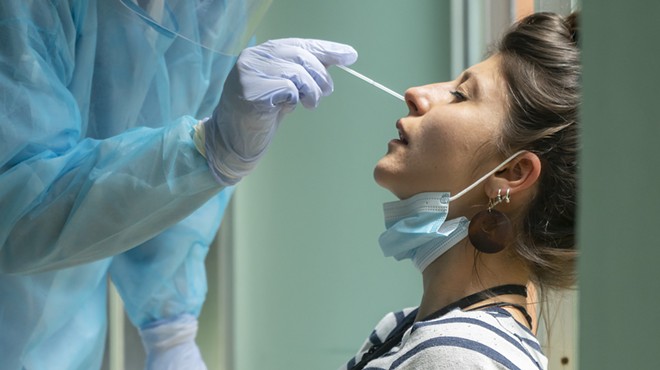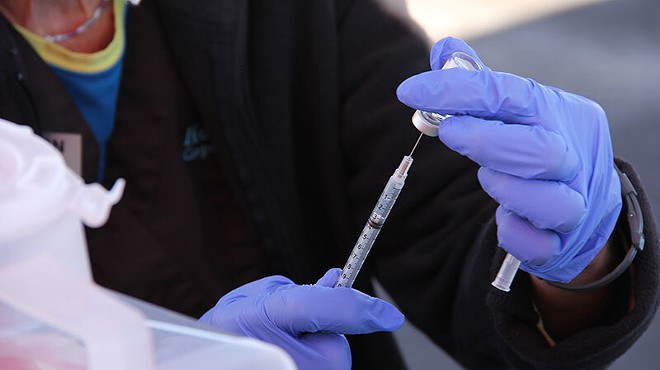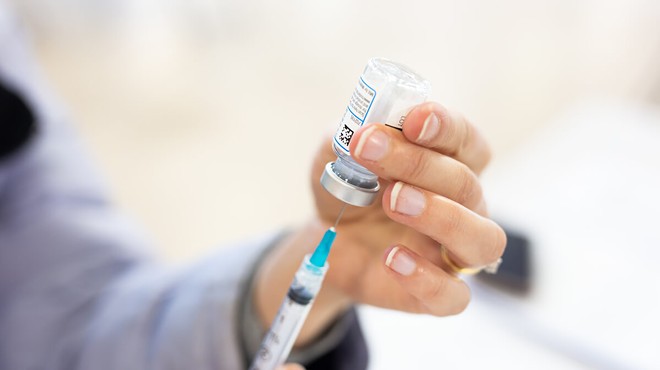Wednesday, December 7, 2011
Mommy Dearest: Depressed Moms Can Affect Babies' Brains
Researchers at the University of Montreal recently discovered structural abnormalities in the brains of 10-year-old children whose mothers suffered from depression throughout the youngsters’ lives. MRI scans revealed an enlarged amygdala, the almond-shaped clump of neurons in the brain that triggers our primitive survival reflex and regulates our emotions.

- RobinH at en.wikibooks
- Diagram showing locations of several important parts of the human brain, as viewed from the front.
The amygdala is the source of all fear. It activates the “fight or flight” response that helped our distant ancestors fight bears and flee from woolly mammoths. When the brain perceives a threat, the amygdala releases stress hormones that ready the body for danger. Adrenalin races through the bloodstream. The heart pumps rapidly.
Kids with an enlarged amygdala feel as though they’re in constant survival mode. They might act overly fearful, nervous and often angry. Because they struggle with controlling their emotions, they’re often labeled as “bad kids” or diagnosed with ADHD (attention deficit hyperactivity disorder) or ODD (oppositional defiant disorder).
Their mom’s depression could be the culprit. Previous findings suggest that depressed moms are less sensitive to their kids’ needs and less engaged in their lives. This haphazard care can hinder the child’s ability to monitor his own emotions later in life.
Although it’s not yet known if an enlarged amygdala can be reversed, therapy can help these children manage their feelings. One way is to assure them frequently that they are safe and secure, which signals the amygdala to—at last—relax.
A related study of children raised in orphanages suggests that the amygdala becomes overactive to compensate for a lack of parental connection. This finding was corroborated in the brain study, which was published recently in the Proceedings of the National Academy of Sciences.
Could maternal depression cause the same damage to a child’s brain as abandonment in an orphanage? Dr. Matthias Mehl, a psychologist at the University of Arizona, said further investigation could give us the answer. “I think it’d be great to supplement this research with behavioral studies on the effects of low-quality care and depression.”
The brain study, led by Dr. Sonia Lupien, stresses the importance of treating depression in mothers before it impairs their kids’ development. The question is how?
One possibility is a video-feedback intervention that was recently developed to improve the way parents interact with their children. Although not yet tested with depressed moms, it has been helpful in building attachment within adoptive families. Recording daily interactions and playing them back to mom “reinforces mothers’ involvement in synchronous interactions with their infant,” wrote Dr. Jean Séguin in an email, one of the brain study’s co-authors.
A therapist guides the mother to see that her responses meet her baby’s needs, moment by moment. This feedback reinforces positive behavior between them. The theory is that increasing mom’s sensitivity, empathy and responsiveness to her kids helps them develop a healthy attachment and a healthy mind. Scientists call this “attunement.”
Even mothers who aren’t depressed also need to maintain this attunement by staying connected with their baby and responding sensitively to nonverbal cues. As a mother, it’s easy to feel a little off with the stresses of parenthood, but maintaining good emotional health does just as much good for your child as it does for you. “Taking care of yourself ultimately is helping your kids too,” Mehl said.
A depressed woman who is feeding her infant and changing his diapers might think he won’t sense her depression. Not so. Your child’s brain can tell the difference.
Emily Soriano is an undergraduate student at the University of Arizona Department of Psychology. A version of this article was submitted to the Science Journalism class taught by Carol Schwalbe, a former senior text editor at National Geographic Magazine.
Tags: Emily Soriano , amygdala , brain , depression , Matthias Mehl










